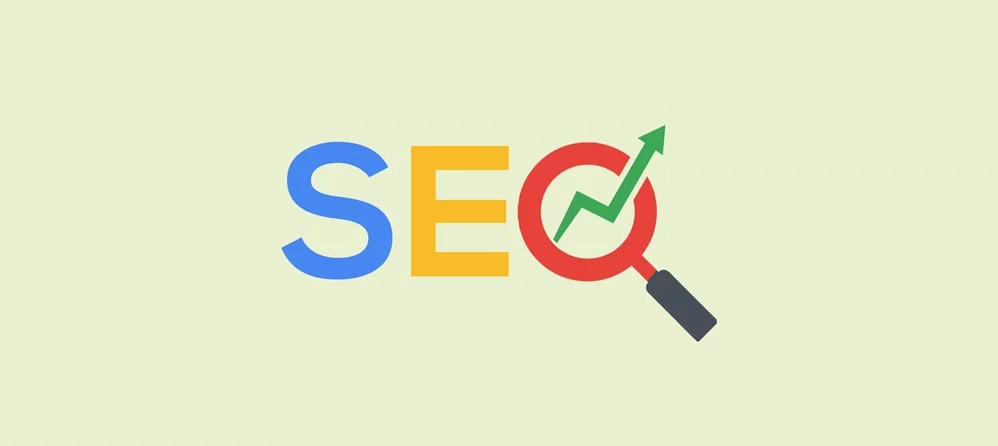
SEO stands for Search Engine Optimization, which is a digital marketing strategy that focuses on your website’s presence in search results on search engines like Google. When you understand how SEO works, you can use different tactics to increase your visibility (or how high you rank) in search results.
You can categorize SEO tactics into two buckets:
- On-Page SEO: All On-Page SEO strategies happen on your website.
- Off-Page SEO: All Off-Page SEO strategies happen off your website.
Both on-page and off-page SEO aim to make your site more friendly, as well as trustworthy, to users and search engines. When Search Engine Crawlers see how friendly your website is to them and users, it increases the chances that your site will rank well for different searches.
Why do search engines care about SEO?
The page you are delivered to after you enter a search query is called the Search Engine Result Pages aka SERPs. The SERPs presents you with what are called “organic results” as well as “pay-per-click ads” (or PPC). The organic results are those that are influenced by SEO, while the PPC ads are paid for.

You cannot pay Google or any search engine to occupy any position in the organic results.
However, the ads on the page are how they make their money. So, the better the results they deliver you, the more likely you and others will use that search engine again. The more people using the search engine, the more ads they can show and the more money they can make.
A technical explanation of how SEO works?
Search engines have spiders — not the creepy kind, but the automated robot kind.
These spiders collect all kinds of information about your website and the pages that make up your site. This allows them to easily determine when to serve a searcher a page on your site. They collect things like Page Speed, Title Tags, Social Signals, Internal Linkings, Backlinks, and so on.
With over 200 ranking factors used by Google in their algorithm, there are a lot of things to consider, and actions that can be taken to try to optimize a website. There are both on-page and off-page ranking factors that determine how well your site is optimized, and therefore how well it ranks.
The On-Page factors are exactly what they sound like: Things that are actually on the page. This includes title tags, content, site speed, page URLs, image alt tags, internal linking, and more. Off-Page factors, meanwhile, are almost entirely based on links to your site from other sites.
It’s important to keep in mind that these bots are automated computer programs and not actual humans.
As you might imagine, that means they have some limitations.
They can’t access a website like you and me, because they don’t actually see the website: they crawl the code of the website. This means they can’t see images or videos, nor are they impressed by flashy designs or audio clips.
In fact, they can’t even understand content like we do.
I hope this article was helpful for you to understand the term SEO (Search Engine Optimization) and how it works to list you top on the SERPs (Search Engine Result Pages).
0 Comments